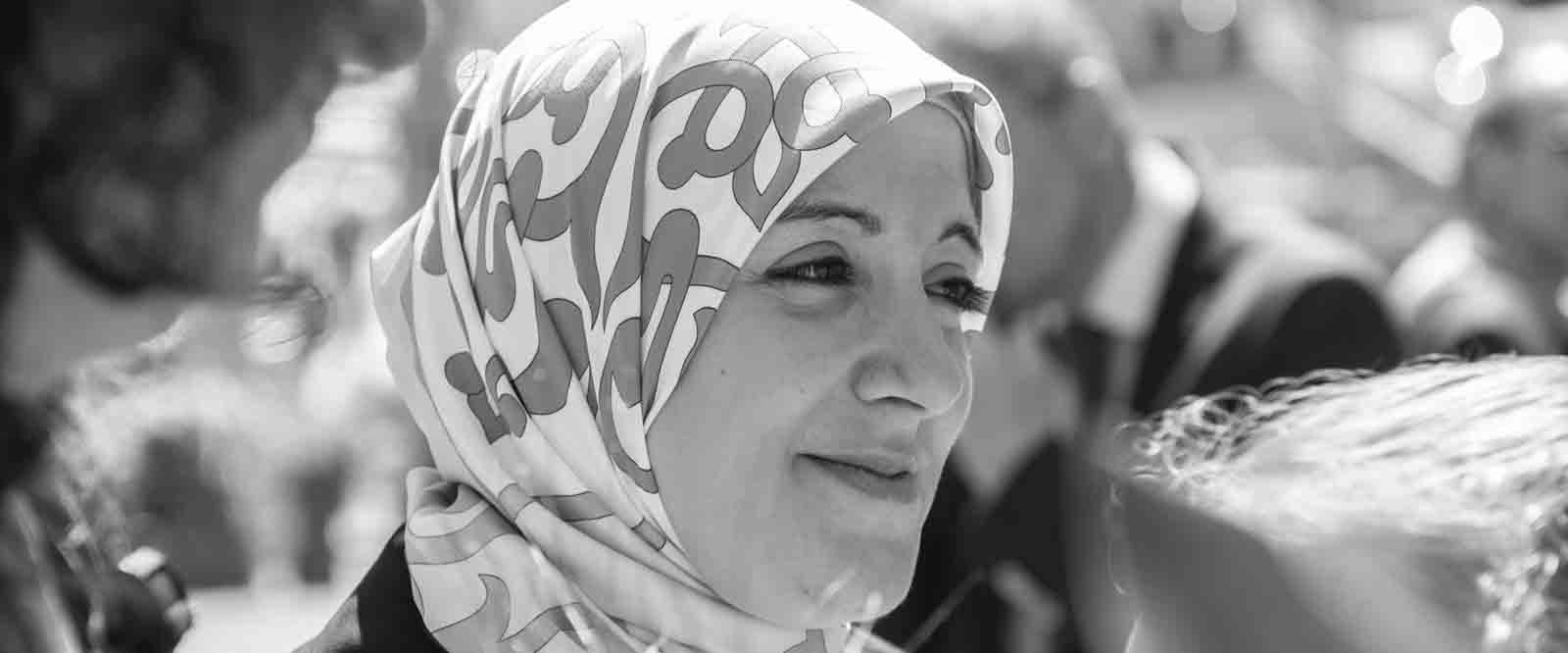Interview by: Gaia Giuliani
Edited by: Camilla Morello
Abstract by: Irene Fattacciu
Language editing by: Daniela S. Jorge Ayoub
Este podcast faz parte da série de 28 podcasts realizados sobre o caso português e italiano no âmbito do projeto de investigação de 36 meses (2018-2021)
(De)Othering: Desconstruindo o Risco e a Alteridade: guiões hegemónicos e contra-narrativas sobre migrantes/refugiados e “Outros internos” nas paisagens mediáticas em Portugal e na Europa, que pretendeu analisar criticamente representações mediáticas de migrantes, refugiados e “outros internos” em Portugal e na Europa, mapeando as suas interconexões com narrativas produzidas no domínio da segurança e no quadro da Guerra ao Terrorismo. O seu foco, uma análise de Portugal à luz de estudos de caso europeus profundamente afetados por ameaças terroristas (Reino Unido e França) e por fluxos migratórios/de refugiados (Itália e Alemanha), pretende investigar a construção de narrativas transnacionais de risco que permeiam a Europa independentemente da sua exposição “diferenciada”.
O projeto foi financiado pelo pelo FEDER – Fundo Europeu de Desenvolvimento Regional através do COMPETE 2020 – Programa Operacional Competitividade e Internacionalização (POCI) e por fundos nacionais através da FCT – Fundação para a Ciência e a Tecnologia (Referencia Projeto: POCI-01-0145-FEDER-029997)
----- English Version
This podcast is part of a series of 28 podcasts produced on the Portuguese and the Italian cases as outputs of the research undertaken in the 36 months project (2018-2021) (De)Othering: Deconstructing Risk and Otherness: hegemonic scripts and counter-narratives on migrants/refugees and ‘internal Others’ in Portuguese and European mediascapes that sets out to critically examine media representations on migrants, refugees and ‘internal Others’ in Portugal and across Europe while mapping out their interconnections with particular narratives in the field of security and within the War on Terror. Its focus – an analysis of Portugal in the light of other European cases affected by terrorist threats (United Kingdom and France) and by migrant/refugee flows (Italy and Germany) – aims to explore the construction of transnational narratives of risk pervading Europe regardless of the ‘differential’ exposure to them.
The project was funded by FEDER – European Regional Development Fund through the COMPETE 2020 – Operational Programme for Competitiveness and Internationalisation (POCI), and by Portuguese funds through FCT in the framework of the project 029997 (Reference: POCI-01-0145-FEDER-029997).
 Bio of the speaker
Bio of the speaker
Asmae Dachan is an Italian-Syrian journalist and writer. She is an expert on the Middle East, Syria, Islam, inter-religious dialogue, immigration and international terrorism. She has been a member of the Ordine dei Giornalisti delle Marche since 2010 and works as a freelance journalist for several national and international newspapers, including Avvenire, Confronti, Panorama, L’Espresso, Altreconomia, Venerdì di Repubblica, The Post, Internazionale and Senza Filtro. Dachan is also an activist advocating for peace and non-violence and the author of several fiction and poetry books.
Summary of the podcast
In this episode, she discusses her professional and personal experiences, drawing attention to how belonging to two cultures led to the desire to connect two shores of the Mediterranean in efforts to overcome racist stereotypes and produce reliable and ethical news. Dachan argues that mutual knowledge exchange challenges fears and prejudice, in turn building communities that seek to understand each other.
Although some newspapers talk about foreign affairs in an egregious manner, Dachan describes the limited engagement Italian newspapers provide to the so-called “World Section”, underlying how the lack of context is glaring when it comes to the issue of migrants. Freelance journalists often travel to news-sites, verify information, and promote in-depth analyses on their own initiative, thereby significantly contributing to readers’ understandings of the contexts of migration and providing young hyper-connected generations with cultural coordinates to better decipher the world. For all these reasons, Dachan chose “the world as her own editorial office” and became a freelancer, despite the difficulties and risks of the job. Concerning current relevant experiences in the world of media, she mentions “Avvenire” and the FADA Collective, made up of independent journalists, photographers, video makers and authors that work on the ground on issues related to the environment, migration and social inclusion.
Dachan also highlights new challenges in journalism. News travels fast and is mainly read online. Rather than shrinking their news to compete with online media, printed newspapers should provide in-depth analyses and investigations to give people the chance to explore new cultural horizons. A small Copernican revolution that, if pursued, would give new impetus to a sector in crisis, like publishing.
To conclude, Dachan delves into the importance of the so-called “War on Terror” in fueling a narrative of fear, where migrants, especially those of Arab origin and Muslim faith, are automatically assigned the role of potential-terrorists. The tragic outcome of this narrative is that it often criminalizes and marginalizes people who are often fleeing terrorism. In this context, asking why migrations occur would allow for historical and political analyses based on empathy.





 Bio of the speaker
Bio of the speaker